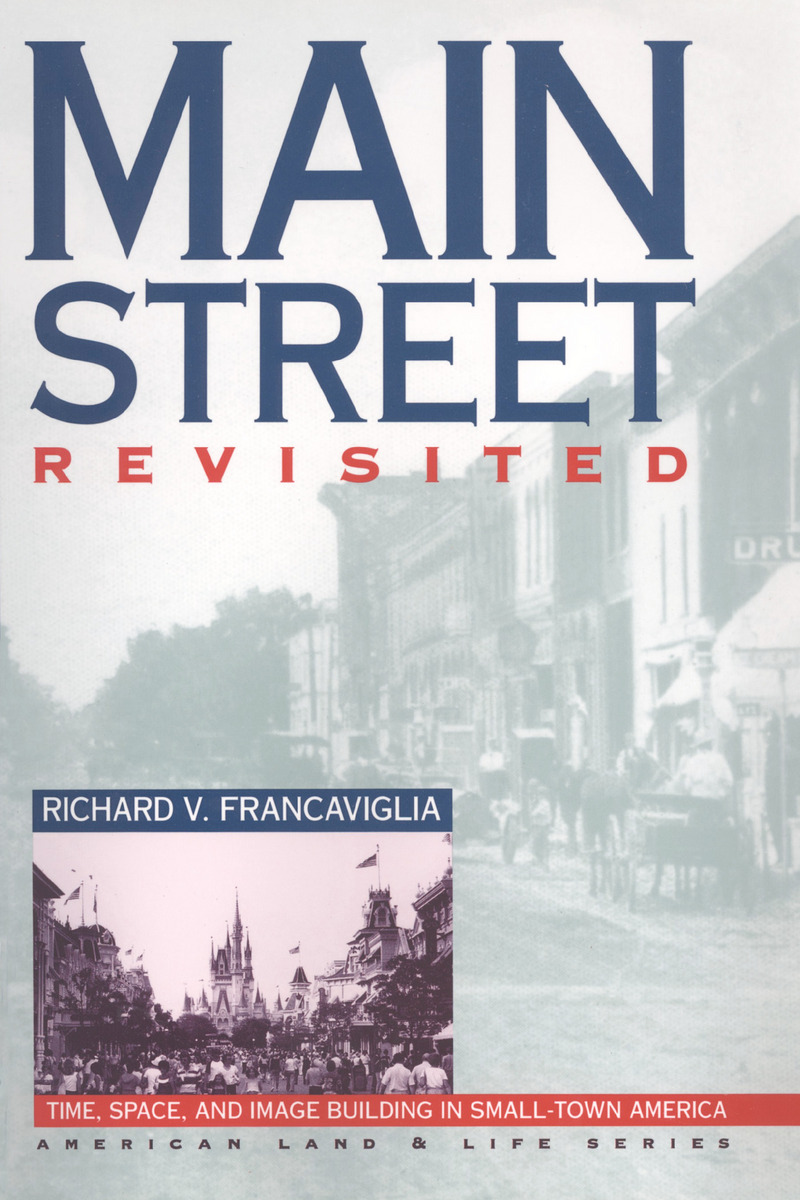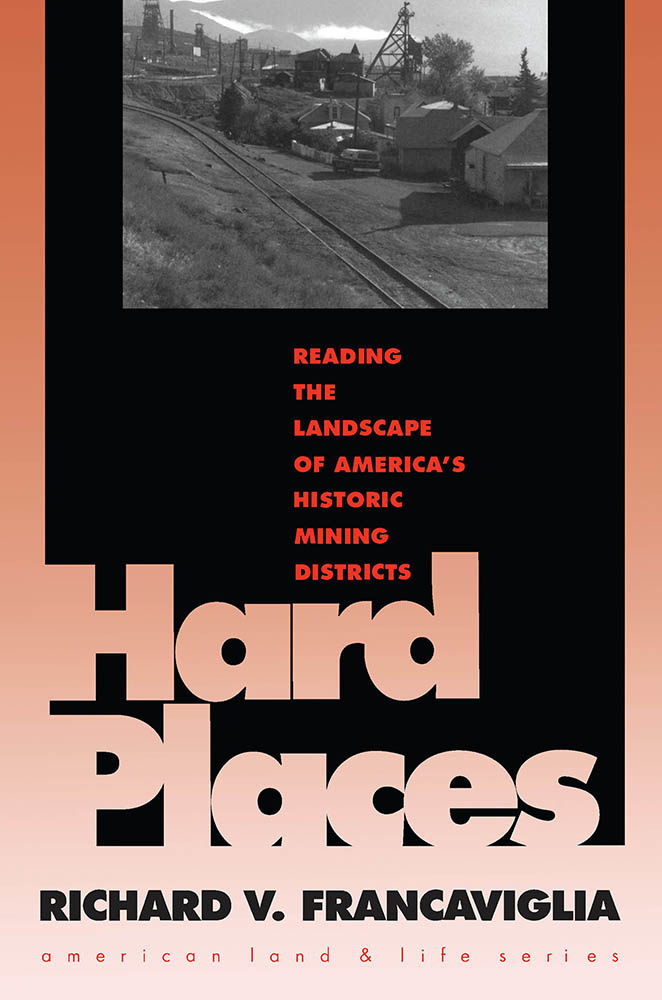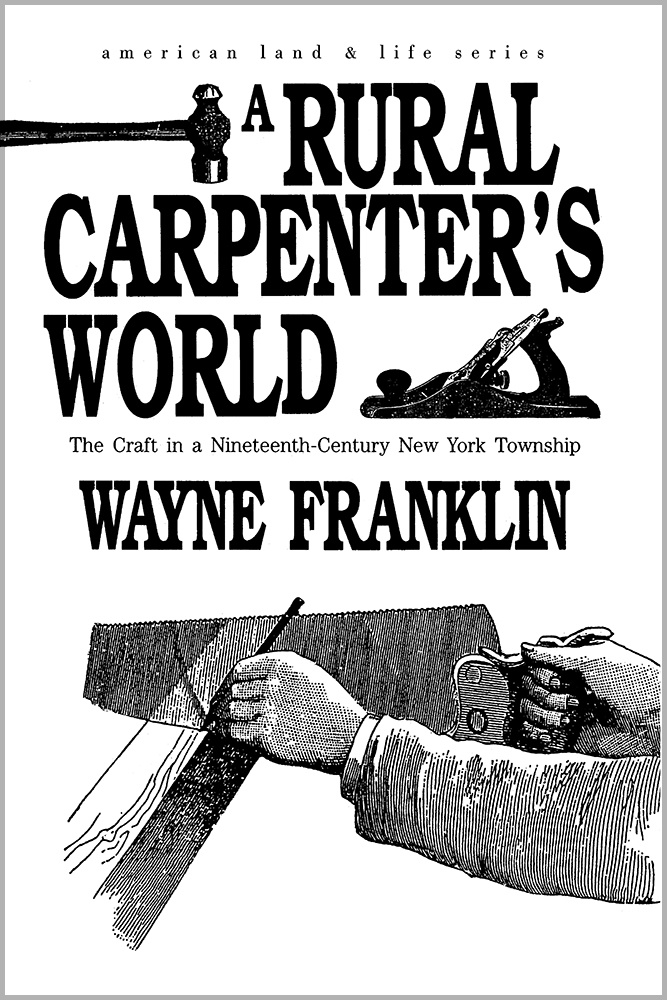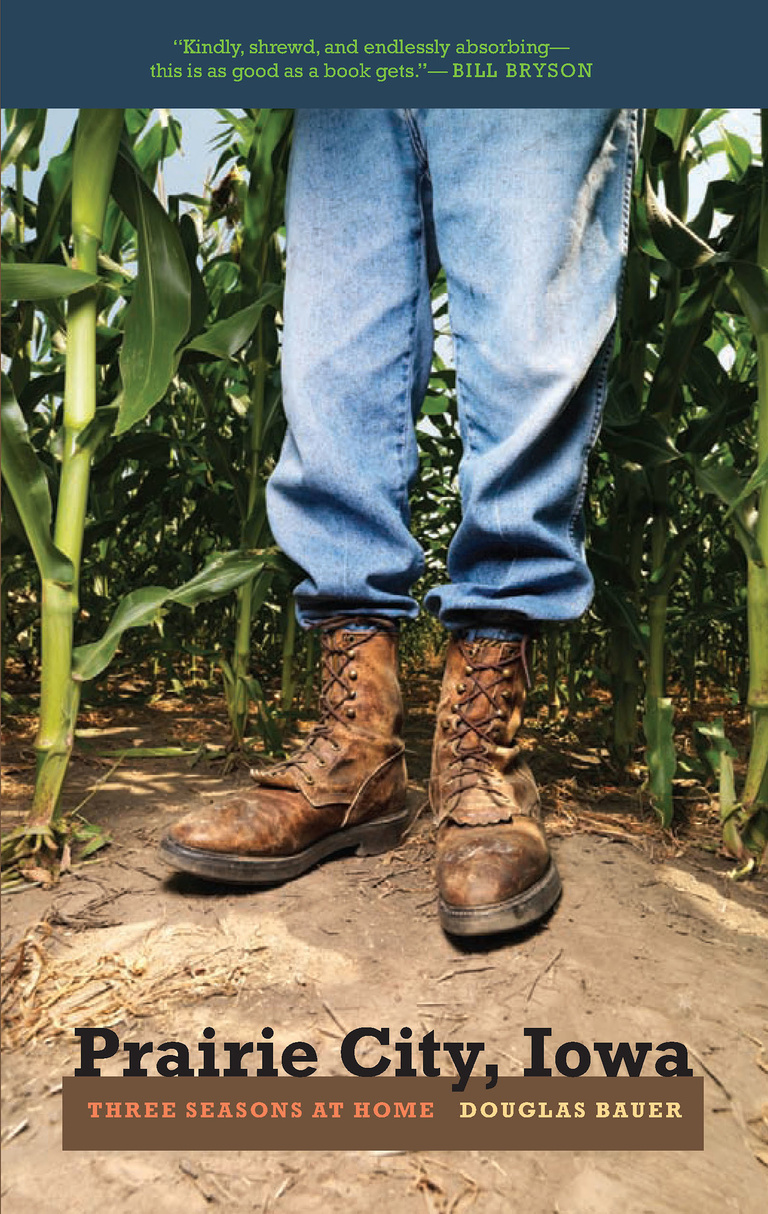John Brinckerhoff Jackson Prize winner
As an archetype for an entire class of places, Main Street has become one of America's most popular and idealized images. In Main Street Revisited, the first book to place the design of small downtowns in spatial and chronological context, Richard Francaviglia finds the sources of romanticized images of this archetype, including Walt Disney's Main Street USA, in towns as diverse as Marceline, Missouri, and Fort Collins, Colorado.
Francaviglia interprets Main Street both as a real place and as an expression of collective assumptions, designs, and myths; his Main Streets are treasure troves of historic patterns. Using many historical and contemporary photographs and maps for his extensive fieldwork and research, he reveals a rich regional pattern of small-town development that serves as the basis for American community design. He underscores the significance of time in the development of Main Street's distinctive personality, focuses on the importance of space in the creation of place, and concentrates on popular images that have enshrined Main Street in the collective American consciousness.
“In the face of withering academic scorn for theme parks, nostalgia, and prettification, Richard Francaviglia dares to take a fresh look at Walt Disney's version of Main Street—where it came from and, more important, why and how this happy, make-believe rendition of small-town America in the 1890s is changing the face of urban planning in the 1990s.”—Karal Ann Marling, author of As Seen on TV: The Visual Culture of Everyday Life in the 1950s
“Overall, this highly enjoyable work will remind scholars of the diversity and experiences of American townscapes (as well as new directions for research), while inviting students and general readers into new knowledge and reflection on the streets around them.”—Choice
“…the work contains new and valuable information on the many regional varieties of Main Streets and on the indigenous and popular influences that shaped them. Written in a manner that is culturally inclusive and aesthetically nonjudgemental, Main Street Revisited is a useful primer for understanding the importance, breadth, and complexity of its topic.”—Journal of the Society of Architectural Historians
Contents
Foreword by Wayne Franklin
Acknowledgments
Introduction
Section I: Time and Main Street
The Origins and Evolution of an Image
Section 2: Space and Main Street
Toward a Spatial and Regional Identity
Section 3: Image Building and Main Street
The Shaping of a Popular American Icon
Notes
Glossary
Bibliography
Index



